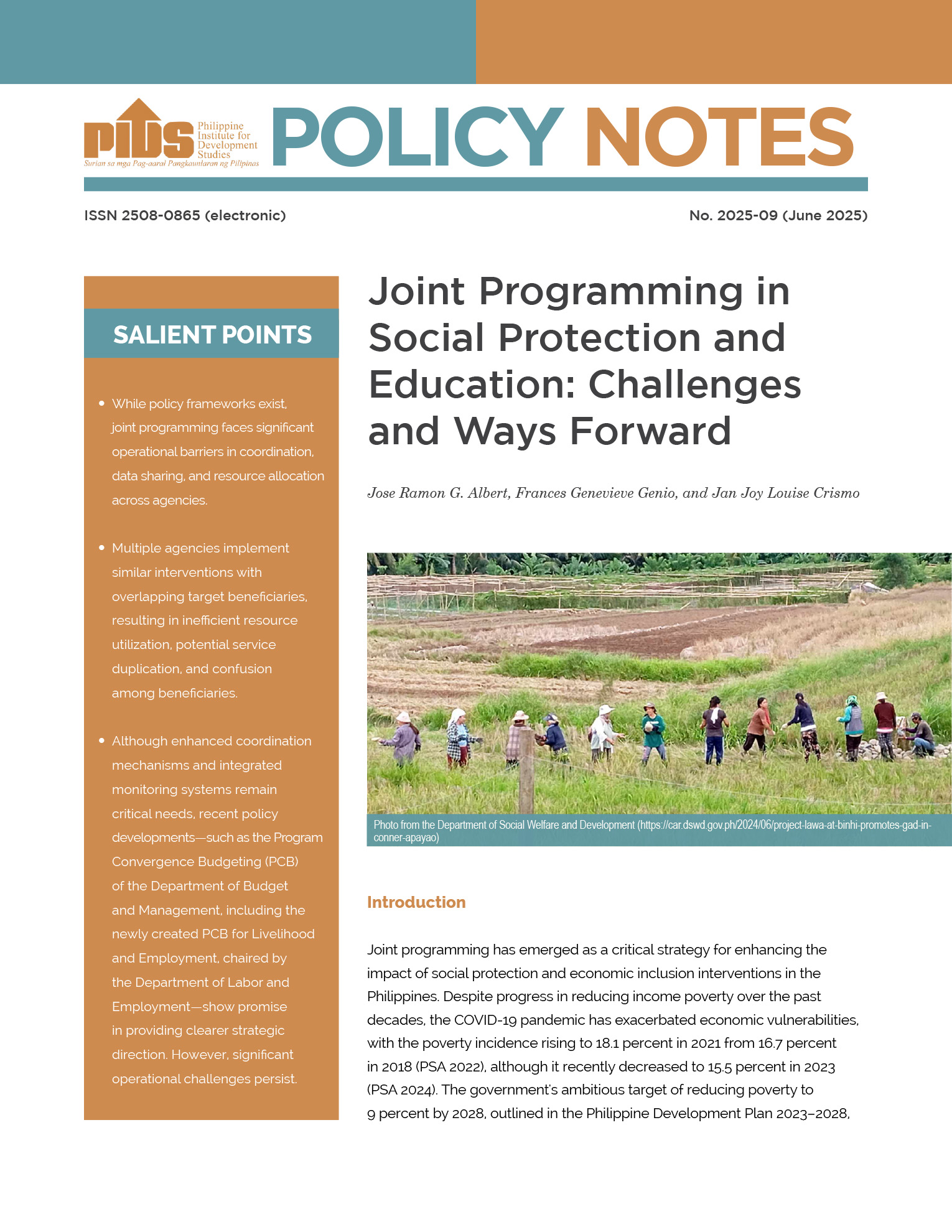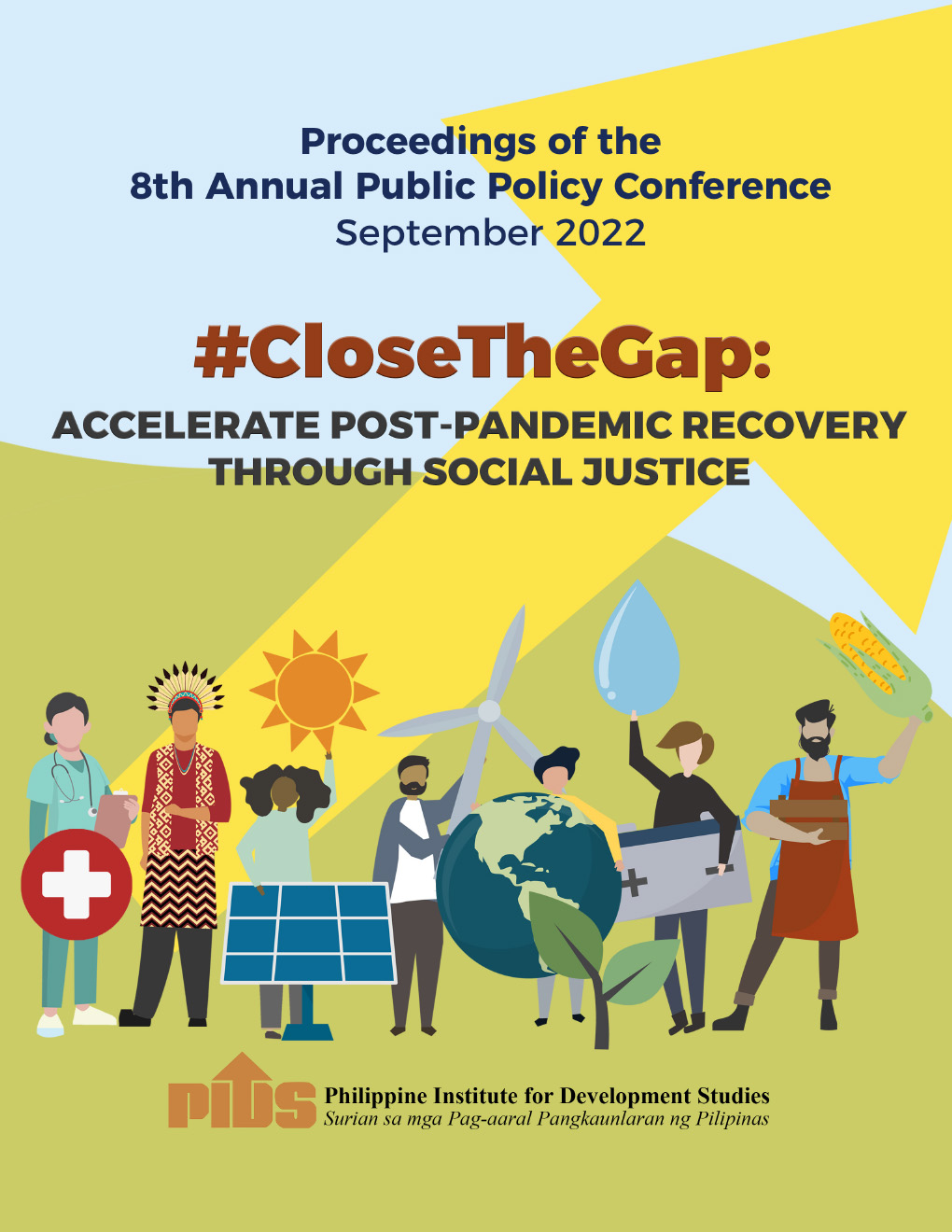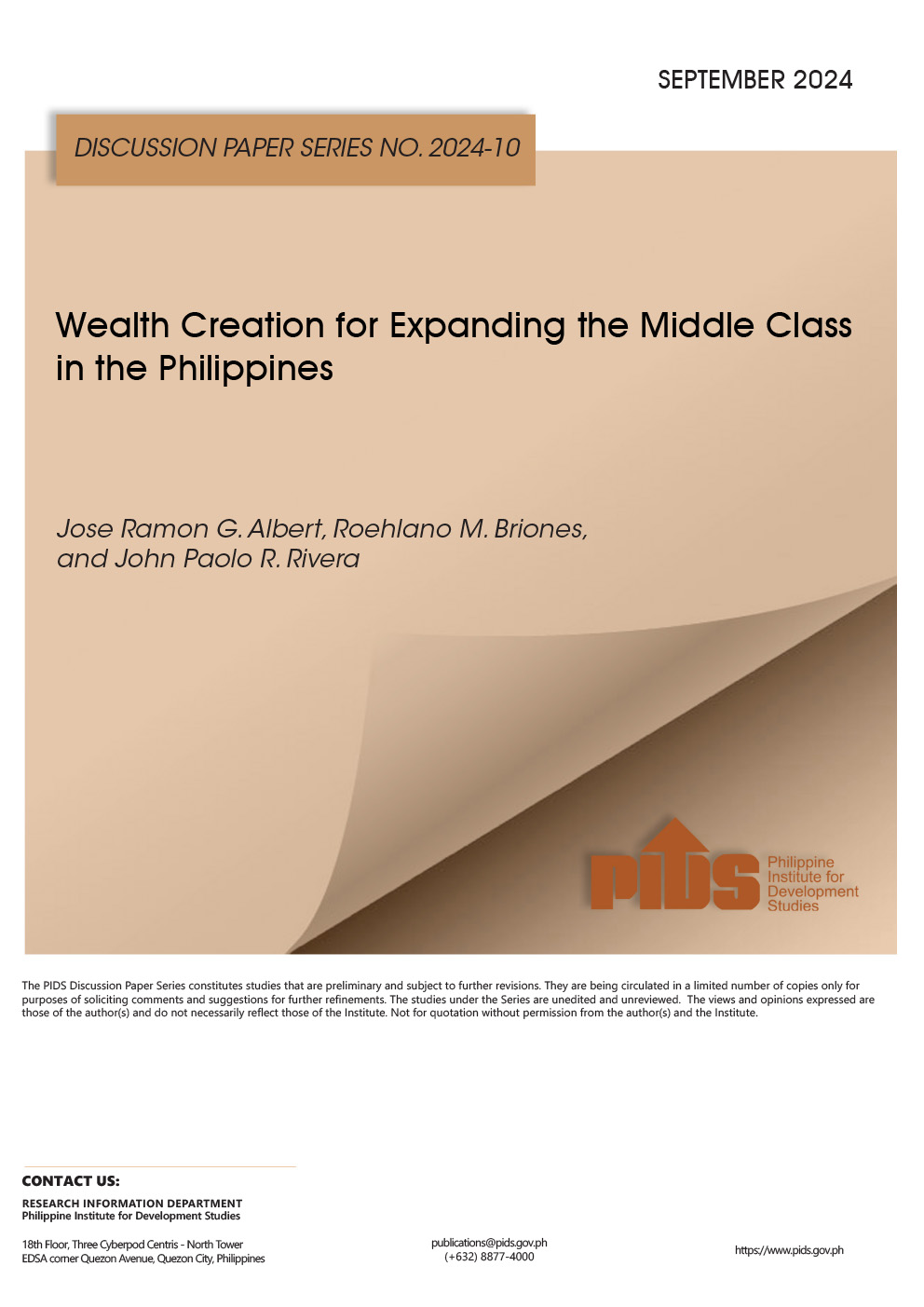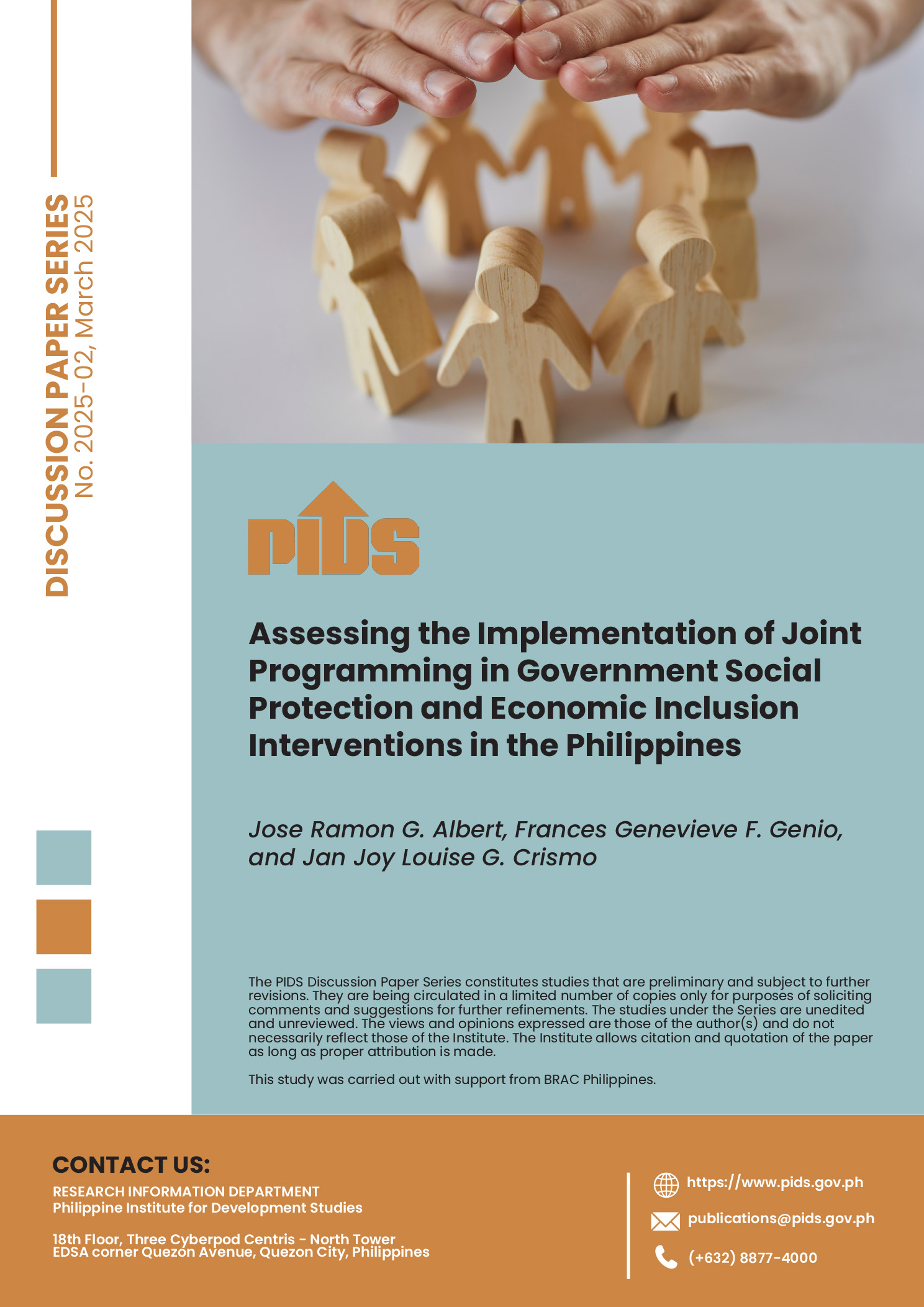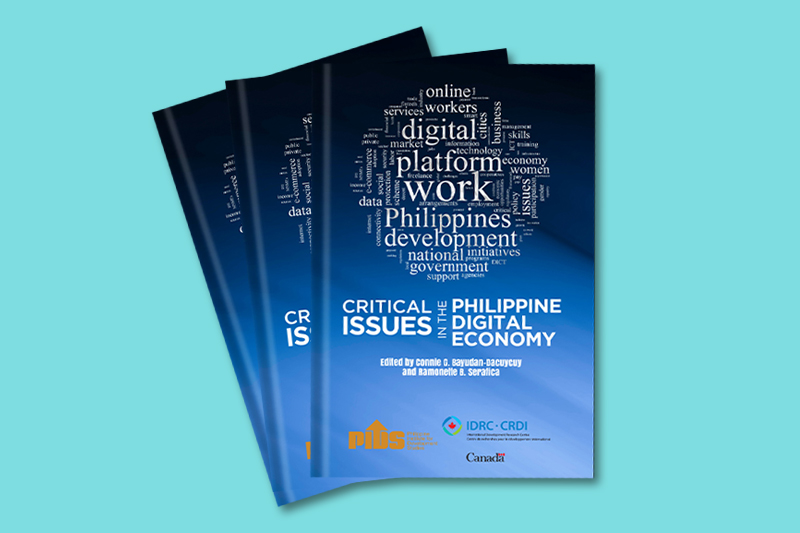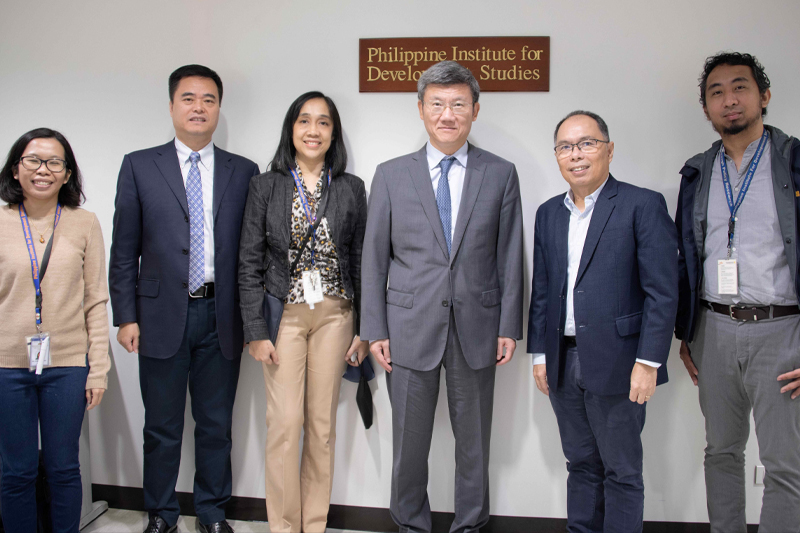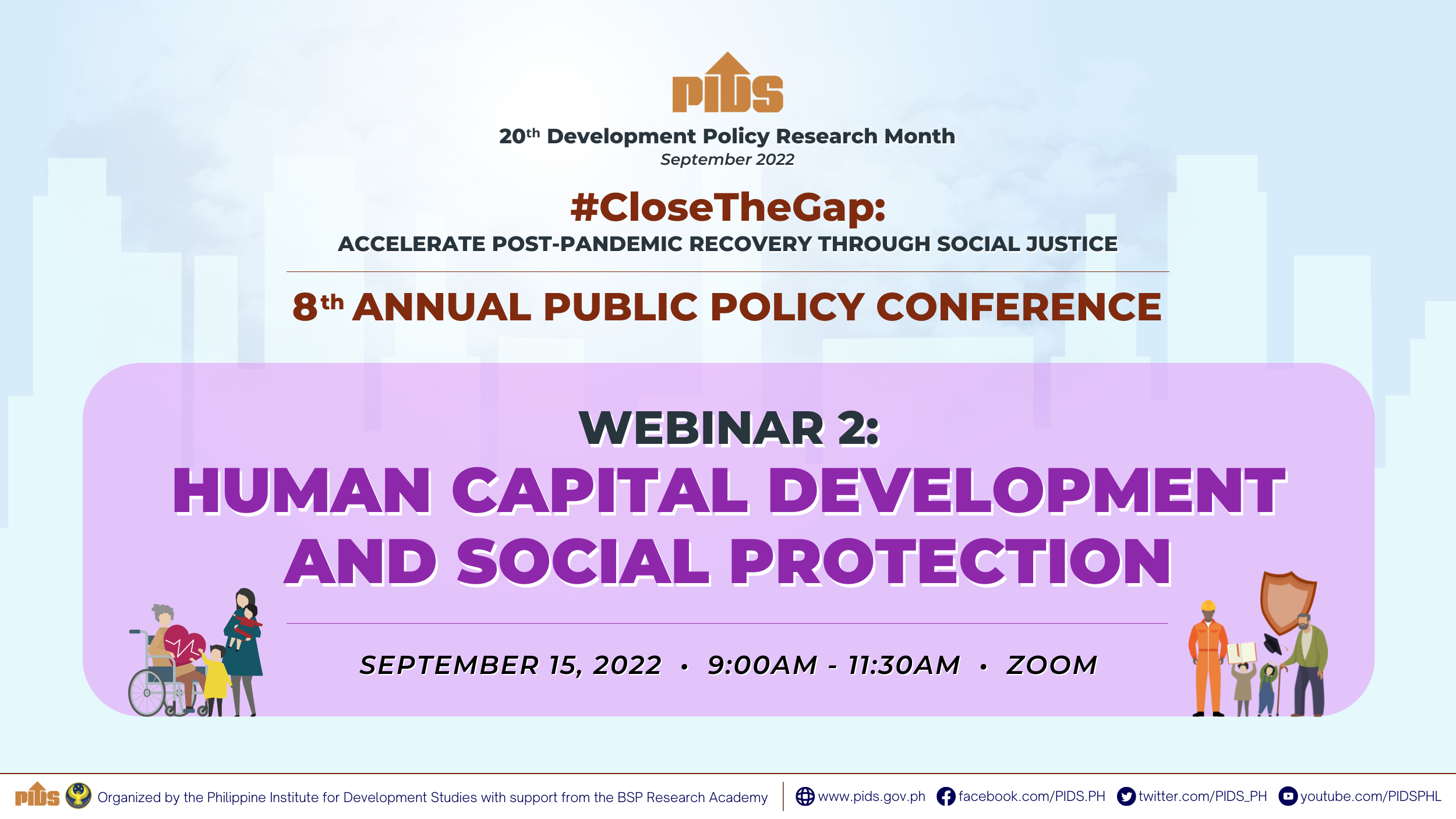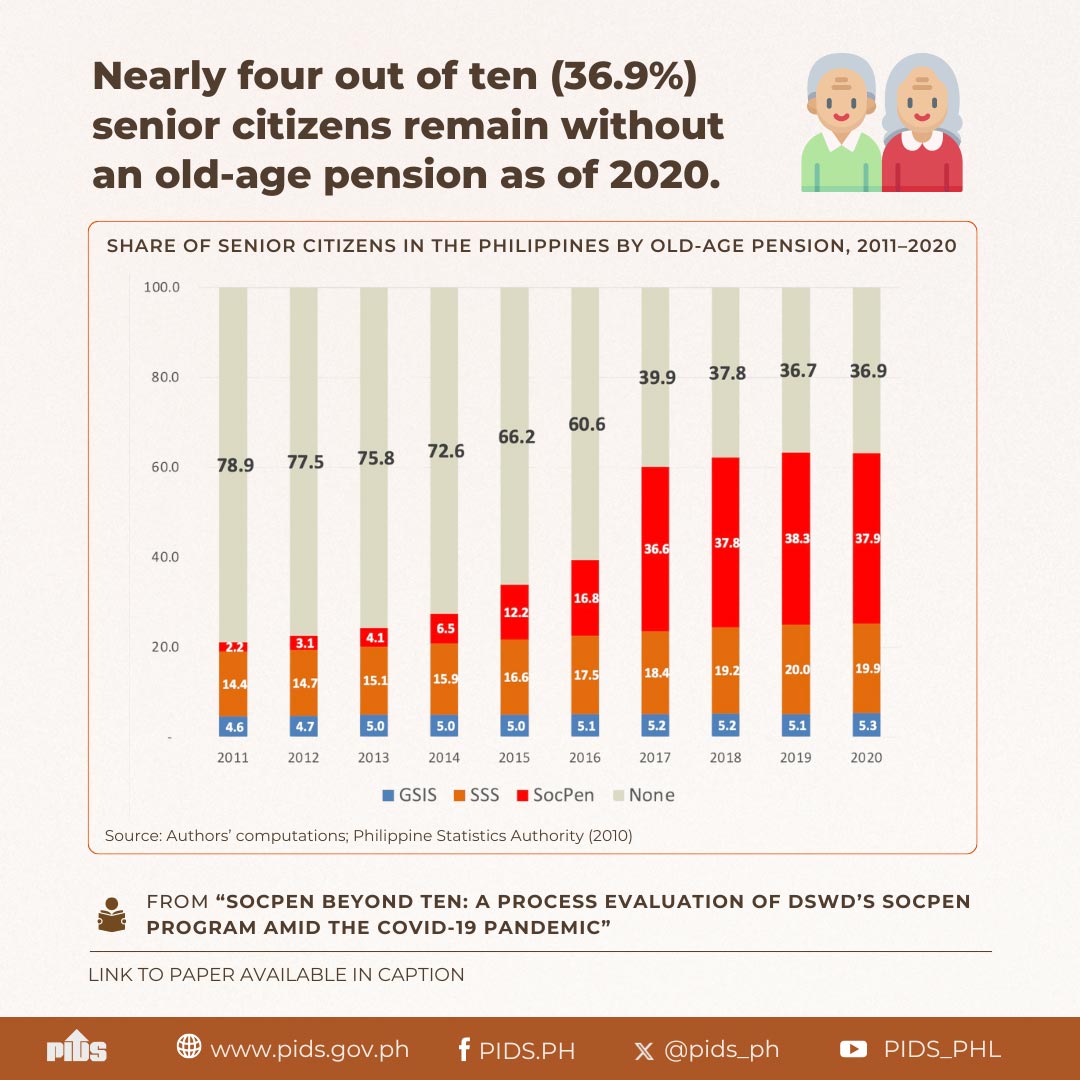This Policy Note examines joint programming in the Philippines, which has emerged as a strategic approach to enhancing the delivery and impact of social protection and economic inclusion programs. It involves coordinated planning, budgeting, and implementation among government agencies to provide integrated services to vulnerable populations. This Note observes that, despite strong policy frameworks such as the Department of Budget and Management’s Program Convergence Budgeting and the Department of Social Welfare and Development’s convergence strategy, operational implementation remains inconsistent and fragmented. It identifies key challenges, including overlapping mandates among agencies, inefficient resource use, and confusion among beneficiaries. Data-sharing restrictions, misaligned budget cycles, and incompatible information systems further hinder collaboration. To overcome these barriers, it recommends short-term actions like standardizing data sharing, streamlining communication, and clarifying procurement processes. Medium-term reforms should include establishing permanent coordination bodies, unified data systems, and shared performance metrics. Long-term strategies should focus on securing sustainable funding and adopting a national joint programming framework. Ultimately, a shift from fragmented efforts to a unified, whole-of-government approach is essential for reducing poverty and advancing inclusive development.

